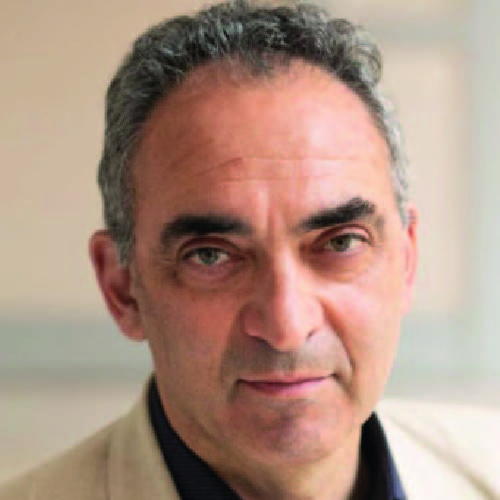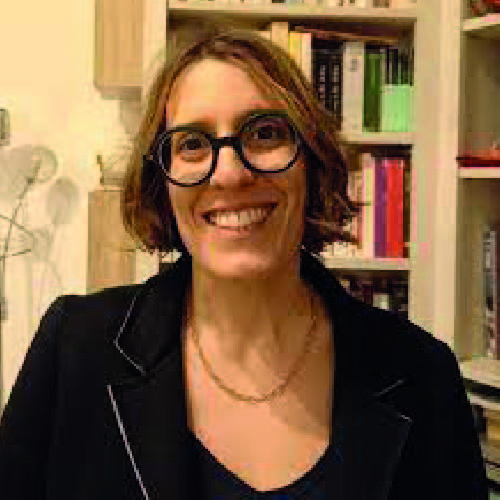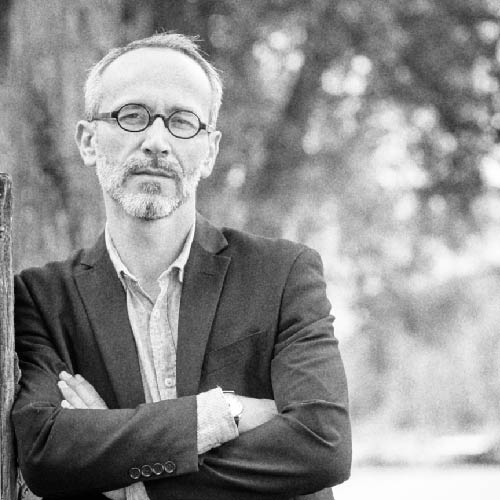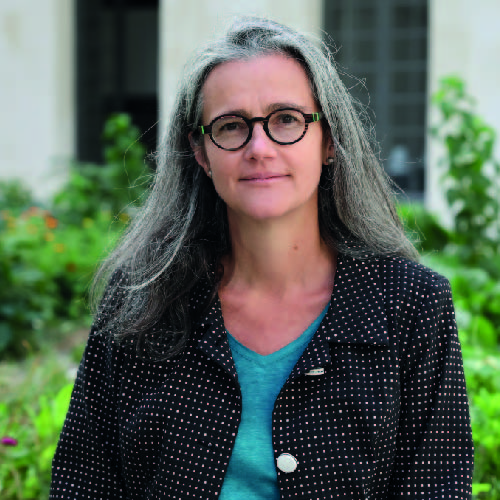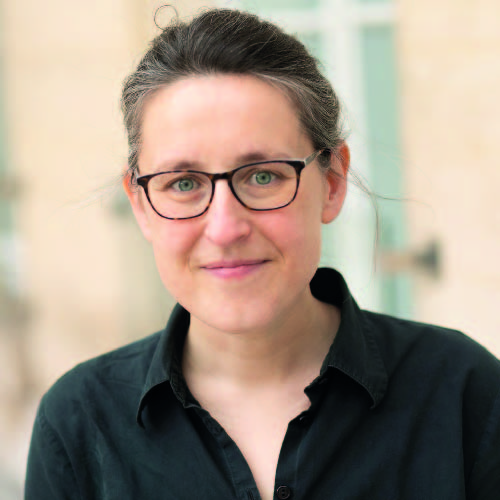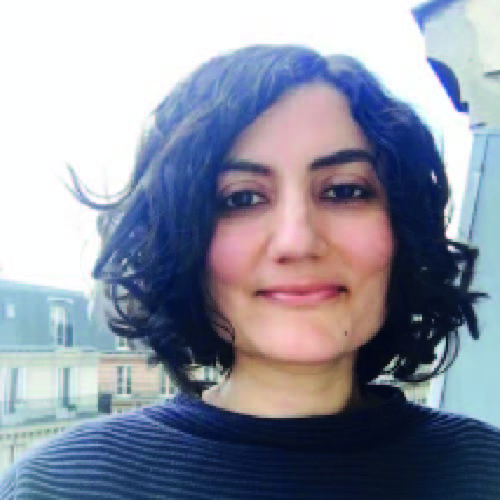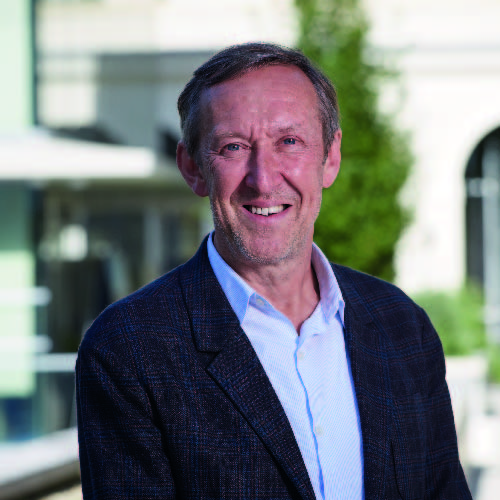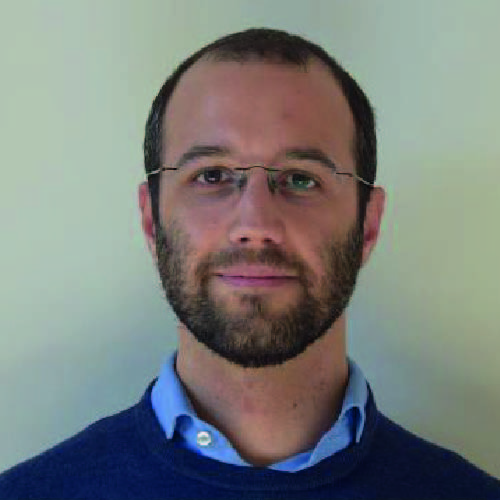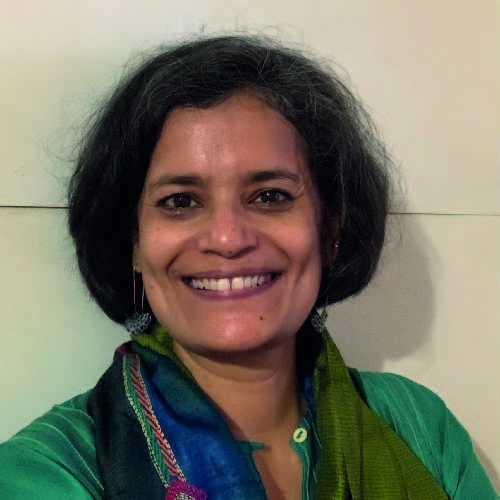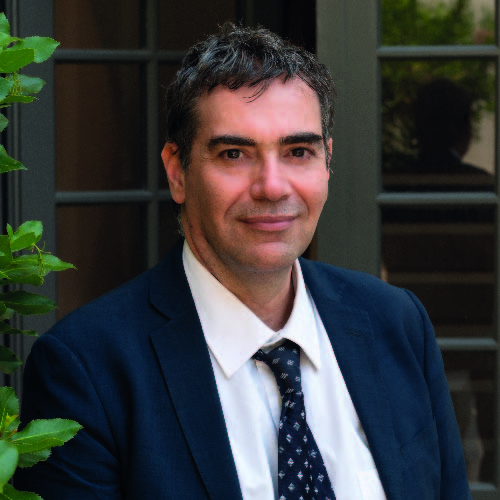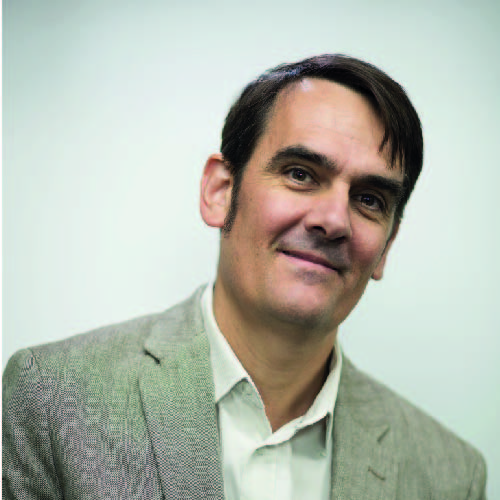AESOP 2024 ANNUAL CONGRESS | SPECIAL SESSIONS
36th AESOP Annual Congress 2024 Paris, France
“GAME CHANGER? Planning for just and sustainable urban regions”
(IN)FINITE EARTH: Accelerating Circular Transition of Urban Environments through Construction Practices
This Special Session is hosted within Track 1
Organizers:
- Pauline Jegen, TU Dortmund
- Arta Bytyqi, KULeuven/UCLouvain
Speakers:
- Soroosh Ataee, UCLouvain
- Arta Bytyqi, KULeuven/UCLouvain
- Constantin Diete, Drees & Sommer SE
- Pauline Jegen, TU Dortmund
The session 'Accelerating Circular Transition of Urban Environments through Construction Practices' aims to address the central role of circular building practices in the urban development landscape. The transition of urban environments toward circular economy requires activation of different systems within different spatial scales. Construction industry impacts the resource flows within several of such systems (material flows, energy, water, transportation, waste management..) and scales (buildings, neighbourhoods, cities, regions, often reaching global scale). Conventional construction industry is already acknowledged to be responsible for a large percentage of environmental impacts on our build and natural environments. Implementing industrial symbiosis principles and practising circular construction concepts have a direct impact on production and consumption patterns of construction industry upgrading environmental, economic, and social dimensions of sustainability.
Reducing material use, reusing material stocks, and recycling them, have demonstrated potential as a strategies to mitigate the environmental impacts of the construction industry. Consequently, circular construction holds a significant position in the creation of sustainable spaces for the uture. In this interdisciplinary approach, urban planning is essential for facilitating circular construction in cities. Policy and regulatory frameworks provide support for the implementation of the circular economy. Land-use strategies can promote mixed-use buildings and neighbourhoods, as demonstrated by successful case studies of urban environments that have integrated circular building practices. Circular construction offers economic benefits by reducing waste, decreasing operating costs, and promoting a more sustainable and circular economy.
In light of the pressing need to address climate change and resource scarcity, this session will explore how these circular construction practices and strategies implemented on different scales are shaping our urban environments and are leading them toward circular transition and to a more sustainable future for our cities.
This session covers several key areas including:
- Urban Metabolism and Urban Mining: Material stocks and flows in the context of CE
- Circular Building design strategies for closing material loops
- Circular resource flows: use and reuse of building materials
- Construction and Demolition management for circularity
- Case studies/best practices to promote circular construction
Keywords: Urban metabolism, circular economy, urban mining, construction industry, circular city
LOC
The Local Organising Committee
